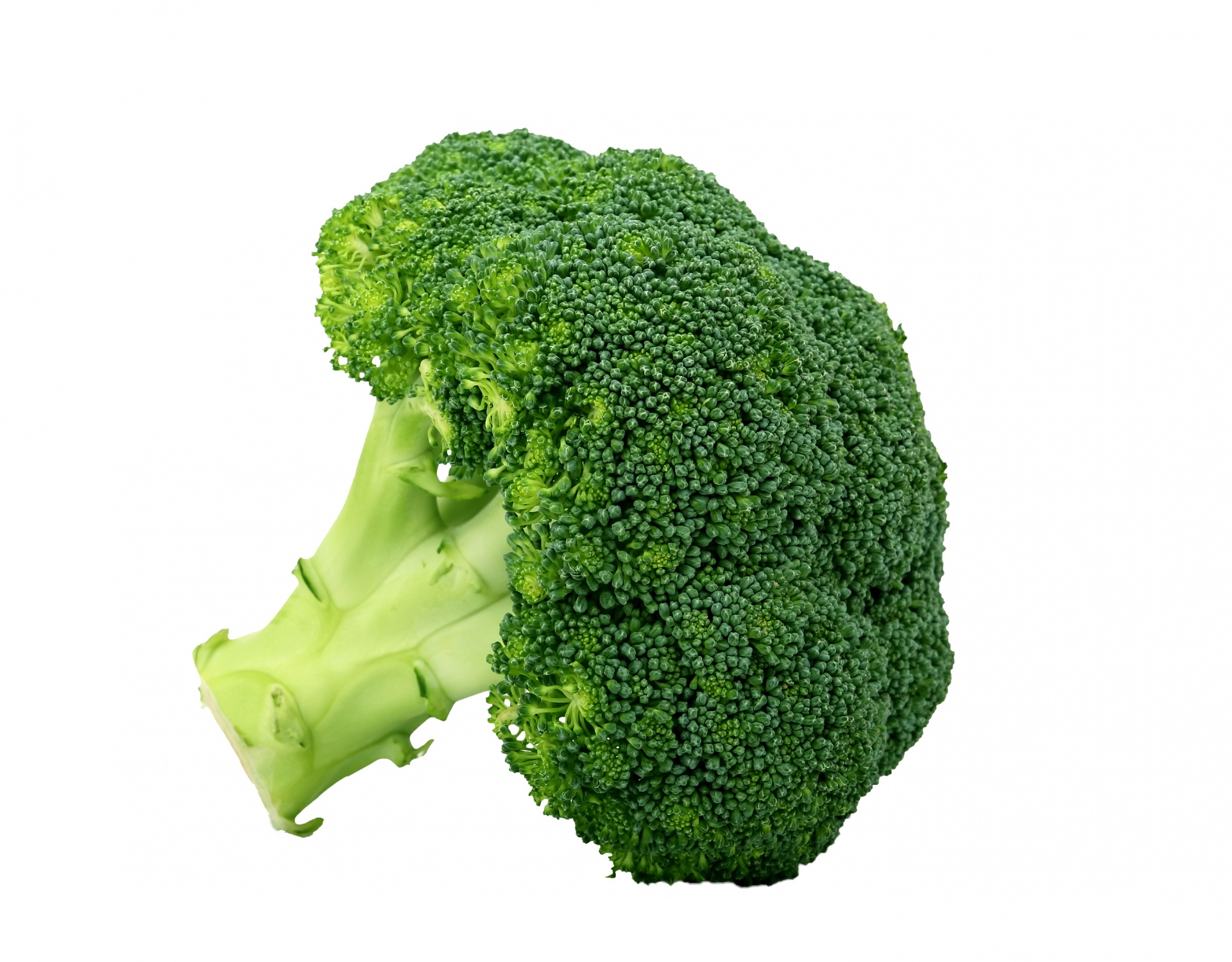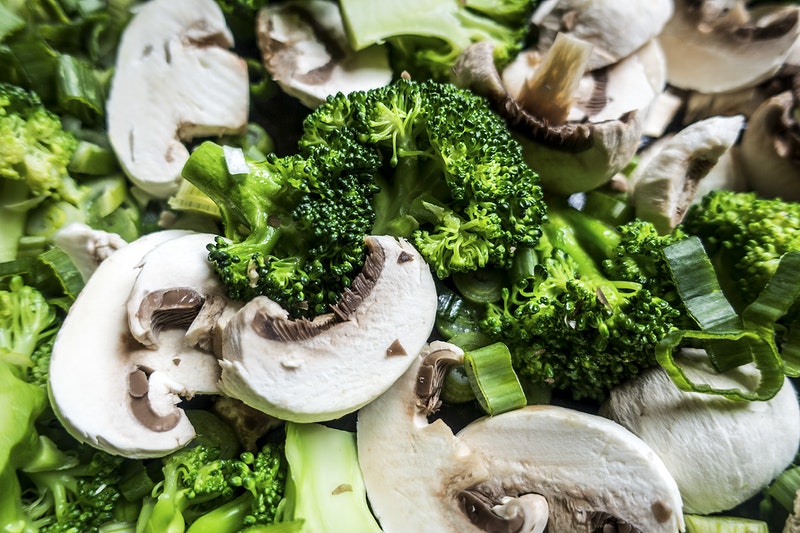The teeny tiny tree plant – broccoli. This is one of the superfoods because it is low in calories but it contains a lot of antioxidants and nutrients. One of the most common questions about this veggie is this – Does broccoli cause bloating? Let’s find out here.
Broccoli (Brassica oleracea) is a member of the cruciferous vegetable family, along with kale, cauliflower, cabbage, and Brussel sprouts. It’s known for its jam-packed nutrients like the following:
- Fiber
- Potassium
- Vitamin C
- Vitamin K
- Iron
- Lutein
- Calcium
- Antioxidants
This veggie is usually seen in cartoons and media as an example of a vegetable that children don’t like. Children may not like it, but adults dig it for its health benefits.
Cruciferous vegetables are rich in antioxidants. And, when we hear antioxidants, we hear cancer. Some coined the term “green chemoprevention” to cruciferous vegetables. And yes, it means cancer prevention.
Broccoli is rich in Calcium, Vitamin C and Vitamin K. These three keep the bones strong and healthy. How? It’s for bone health and proper bone formation as well as collagen formation.
Talking about Vitamin C, did you know that it also helps boost the immune system? Not only that, but it also helps to form collagen which keeps the skin healthy.
Does broccoli cause bloating?
The highlight of this topic is… Fiber!
Fun fact: 1 cup (76 g) raw broccoli contains 1.82 grams of insoluble fiber.
What’s so special about broccoli, you ask? Well, cruciferous vegetables contain raffinose. Raffinose is a sugar that cannot be digested in the gut so this is where the local gut bacteria come into play. The little guys ferment this sugar and this process releases gas, hence the bloating.
Flatulence is the more scientific term for farts. The difference between burps and farts, besides the mode of release, is the source of the gas. The gas from burps comes from swallowed gas during chewing.
On the other hand, the gas from farts comes from the digestion of food. There are instances wherein the gas backs upwards to the mouth, becoming a burp.
Raffinose… what?
Raffinose is special because it can’t be digested by most enzymes in the body. Alpha-galactosidase is the enzyme capable of digesting raffinose. This helps reduce the quantity of raffinose digested by the local gut bacteria.
If you’re a fan of broccoli but do not like the smelly gas after-product, there are some ways to help reduce bloating.
One way is to take in alpha-galactosidase enzyme supplements to help digest raffinose. This supplement can be in liquid or tablet form, so it is easy to take that way.
Another trick is to train your stomach to eat fibrous food. This may help your gut bacteria get accustomed to the raffinose and may lead to reduced bloating.
I love broccoli. I think that they are adorable and it tastes good. So here are some tips if you want to have more broccoli in your diet:
- Sauté broccoli in butter, then add oyster sauce, some salt, and pepper
- Use broccoli as a pizza topping
- Dip steamed broccoli in various dips like cheese sauce, pesto or mayonnaise
Goitrogenic veggies
Some words of caution not only for broccoli but to cruciferous vegetables though. These vegetables are goitrogens, meaning that they cause goiter by interfering with the iodine uptake of the thyroid gland. It is a good thing that by cooking them, the goitrogenic property reduces significantly. For people with thyroid problems, you have to ask your physician if you are allowed to eat vegetables like these.
Does broccoli cause bloating? Yes, but the intensity varies the same goes for the farts that come with it. Bloating is normal and should not be feared unless other digestive issues are accompanying it. Consider trying an elimination diet to know which is the culprit for your bloating. So, should you avoid broccoli? No. It is a nutritious vegetable even if it sometimes causes some heck of a gas.
How do you like your broccoli? Cheesy or buttery?
[thrive_toggles_group”][thrive_toggles title=”References” no=”1/1″]https://www.health.com/food/best-and-worst-foods-for-bloating?slide=16072254-ac65-4d00-abff-ca3431de7503#16072254-ac65-4d00-abff-ca3431de7503 https://www.healthline.com/nutrition/13-foods-that-cause-bloating#section14 https://www.livestrong.com/article/484947-how-to-prevent-gas-after-eating-broccoli/ https://www.verywellhealth.com/foods-that-can-give-you-gas-1942730 https://www.healthline.com/nutrition/foods/broccoli#vitamins-and-minerals https://www.medicalnewstoday.com/articles/266765.php#diet https://gutadvisor.com/do-brussel-sprouts-cause-gas/ https://fdc.nal.usda.gov/fdc-app.html#/food-details/747447/nutrients https://gutadvisor.com/do-carrots-cause-gas/ https://kresserinstitute.com/goitrogenic-foods-and-thyroid-health/[/thrive_toggles][/thrive_toggles_group]



